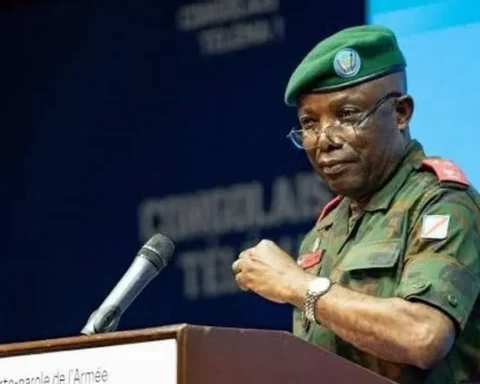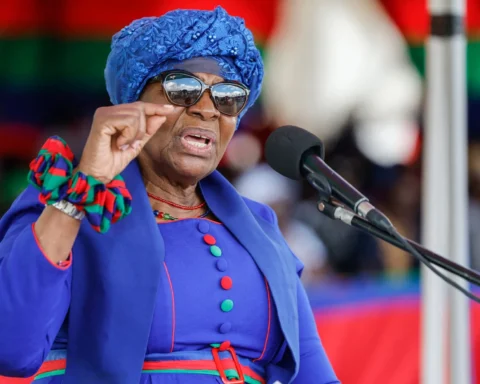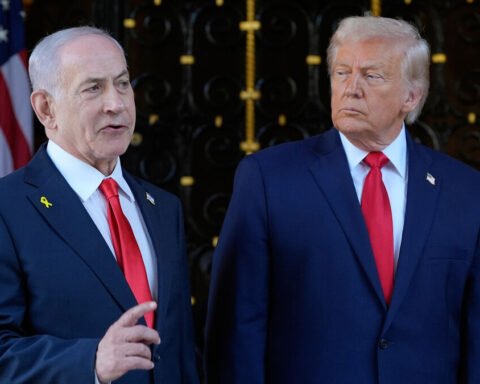Tensions are mounting in Tanzania’s political landscape following the arrest of Brenda Rupia, the Director of Communications and Publicity for the Chama Cha Demokrasia na Maendeleo (CHADEMA), over allegations of spreading false and seditious information.
In an official statement released by the Tanzania Police Force on Saturday, July 12, 2025, authorities confirmed that Ms. Rupia was taken into custody for questioning, with legal procedures expected to follow.
“Brenda Rupia has been arrested for interrogation over allegations of spreading false and inflammatory information. Legal proceedings will follow in accordance with the country’s laws,” the statement read.
According to CHADEMA’s Director of Foreign Affairs and Diaspora, John Kitoka, the arrest followed an incident at the Namanga border crossing, a key entry point between Tanzania and Kenya. Rupia was reportedly denied entry into Kenya while en route to Nairobi to attend a pre-arranged meeting before flying to Munich, Germany for a democracy and elections training programme.
“She was intercepted at the border, detained, and her passport was confiscated. She never made it to Nairobi, let alone Munich,” Kitoka told local media.
Also Read; Africa’s Richest Four Now Outweigh Half the Continent
Opposition leaders view Rupia’s arrest as part of an emerging pattern of intimidation targeting political figures ahead of the 2025 Tanzanian General Election. Similar restrictions have recently been reported against other CHADEMA officials, including Godbless Lema, former Member of Parliament and Deputy Secretary-General Amani Golugwa.
Human rights organizations, such as Human Rights Watch and Amnesty International, have documented increased political repression in Tanzania since the 2020 elections.
The charges leveled against Rupia are believed to fall under Tanzania’s Penal Code, particularly laws concerning sedition and the spread of false information. These have often been applied in tandem with the controversial Cybercrimes Act of 2015, which critics argue is frequently used to suppress dissent on social media.
Legal experts argue that Rupia’s detention without formal charge may violate her constitutional rights, including the right to freedom of expression and freedom of movement.
“This is not just about Brenda Rupia—it’s about what kind of democracy Tanzania wants to be,” said constitutional lawyer Fatma Karume, a vocal defender of human rights in the region.
As Tanzania edges closer to a highly anticipated general election, these developments are drawing increased international attention. Observers fear that restricting political opponents from traveling to international training sessions and meetings may erode electoral fairness.
Political analyst Nicodemus Minde noted:
“These moves send a strong signal to the opposition and civil society. It’s more about political control than national security.”
The case is now being closely monitored by foreign embassies, election observers, and regional bodies such as the East African Community (EAC) and the African Union (AU).







